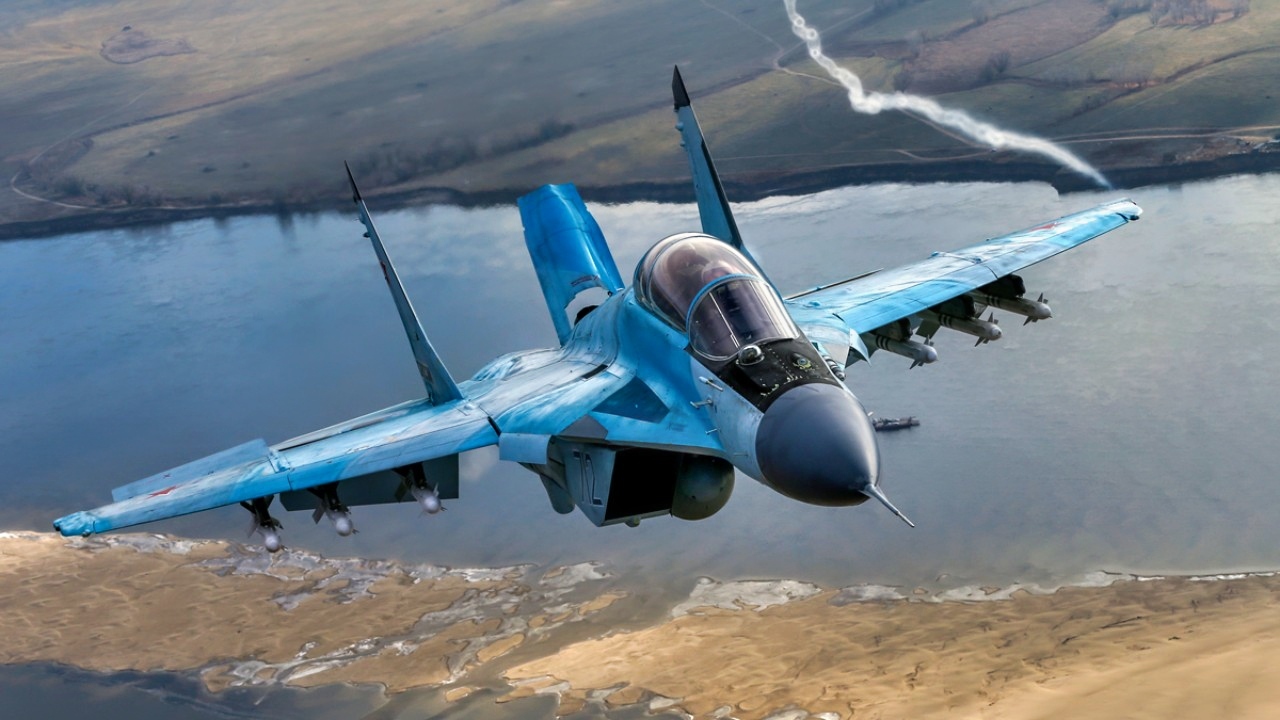Key Points – Russia’s demands for ending the war in Ukraine, reportedly presented during brief peace talks in Istanbul on June 2nd, amount to a “complete capitulation” for Kyiv.
-These “punitive” terms include Ukraine ceding significant territory (Crimea and four eastern regions), international recognition of these annexations, permanent neutrality (no NATO membership), and limits on its military.
-Ukraine has rejected these conditions as non-starters. Analyst Angela Stent suggests Vladimir Putin still believes he can win, aiming for a smaller, weaker, demilitarized, and non-aligned Ukraine, potentially with a change in Kyiv’s leadership, though the latter is seen as increasingly impossible.
Putin’s Peace Price: Ukraine Must Cede Land & Scrap NATO Bid, Russia Demands
It’s often been asked exactly what Vladimir Putin wants out of the war in Ukraine. This week, Putin’s representatives appear to have answered that question.
According to The Telegraph and other media outlets, Russia made its demands to end the war during talks with Ukrainian representatives in Istanbul this week, which the Telegraph described as “resembling a complete capitulation for Ukraine.” The demands were also published in Russian state media.
The agreement, per the Telegraph, “stipulates that Ukraine must withdraw its troops from four eastern regions that Russia only partially occupies, and that international recognition of Russian sovereignty over them and Crimea must be granted.
Kyiv must also commit to curbs on the size of its military, as well as to permanent neutrality and to having no foreign troops deployed on its territory.” The demand for neutrality means that Ukraine must commit to not joining NATO.
In addition, Russia is demanding that the two sides restore diplomatic and economic ties. Russia also wants the Russian language to be recognized in Ukraine, and what Russian calls “glorification or promotion of Nazism and neo-Nazism.”
Rejecting the Terms
Ukraine, as expected, dismissed these demands as non-starters.
“The demands are unrealistic, cross multiple red lines for Ukraine and its Western allies, and will be dismissed as another ploy to further delay serious peace talks,” the Telegraph said.
Russia also gave Ukraine two “options” for a 30-day ceasefire, both of which were also deemed DOA for the Ukrainian side.
The two sides did, however, agree to a second major exchange of prisoners, and to also return the remains of soldiers killed in the conflict.
Inside the Talks
The Telegraph also offered some color from inside the Istanbul talks, which reportedly lasted barely an hour.
“Do not put on a show for European tender-hearted aunties who do not have children themselves,” Vladimir Medinsky, Russia’s representative in the talks, reportedly said during the negotiations.
This appeared to be a reference to Ukraine’s demand that the Russians return hundreds of children who have been taken to Russia, while the Russians only agreed to return 10.
“Ukraine brought forward a list with more than 300 children, requesting their return,” the official told the Telegraph. “Should Russia have agreed to this request and returned those children, that would provide Ukraine with more confidence that Russia is interested in the humanitarian component of peace negotiations.”
What Putin Really Wants
NPR, earlier this week, published a podcast episode asking what the Russian leader really wants out of the continuing war.
“President Trump wants to make a deal with Vladimir Putin to end the war in Ukraine,” NPR put it. “Putin says Russia wants to engage in peace talks, but Putin has also been ordering the most widespread and violent aerial attacks on Ukraine in years. This has led Trump to criticize Putin more and more in public — a step that’s been rare over the course of Trump’s two terms in office.”
Trump and Putin have been so close for the past decade that it has led many to question long-held assumptions about the global world order, and also kicked off endless conspiracy theories about the two men’s relationships.
The guest on the “Consider This” podcast, Angela Stent, is the author of the book “Putin’s World: Russia Against the West and With the Rest.”
“He doesn’t like NATO because if Ukraine were in NATO, Russia couldn’t control it, and he wants to be able to control and absorb Ukraine. So what he’s after is he still thinks he can win the war,” Stent said of Putin and his current war aims.
“He wants a Ukraine that’s smaller, that’s weaker, that’s demilitarized, that will have to promise never to join NATO, and he wants regime change. He wants President Zelenskyy to go, and they would prefer to have someone in power in Kyiv that’s more pro-Russian. But given what’s happened in Ukraine in the last three years, that’s going to be impossible to find.”
About the Author
Stephen Silver is an award-winning journalist, essayist and film critic, and contributor to the Philadelphia Inquirer, the Jewish Telegraphic Agency, Broad Street Review and Splice Today. The co-founder of the Philadelphia Film Critics Circle, Stephen lives in suburban Philadelphia with his wife and two sons. For over a decade, Stephen has authored thousands of articles that focus on politics, technology, and the economy. Follow him on X (formerly Twitter) at @StephenSilver, and subscribe to his Substack newsletter.
Russia’s Bomber Forces











Pingback: Russia Wants 'Swift Victory,' Not Compromise in Ukraine - National Security Journal
Pingback: Ukraine Has a 'Secret Back Door' Into NATO - National Security Journal